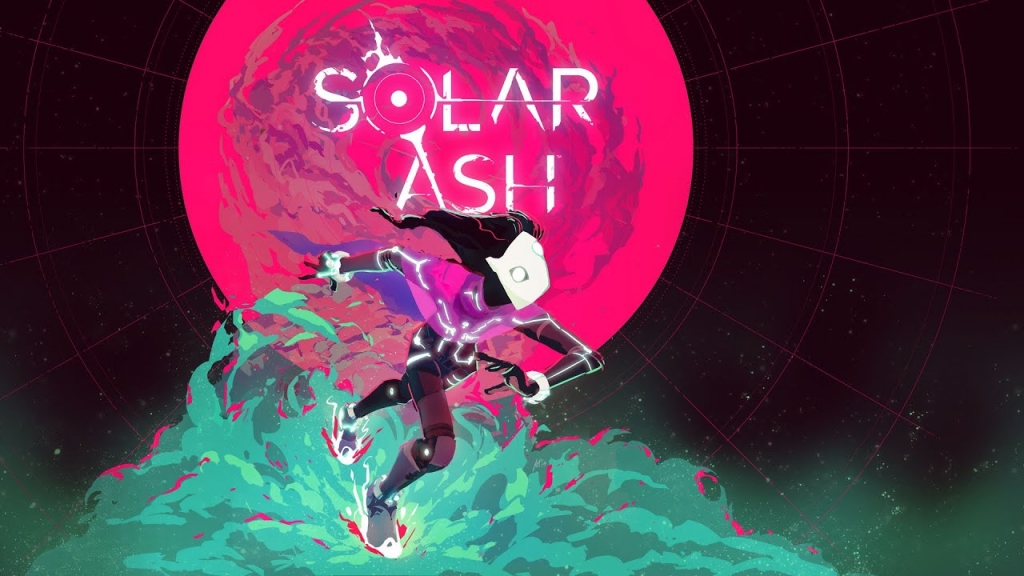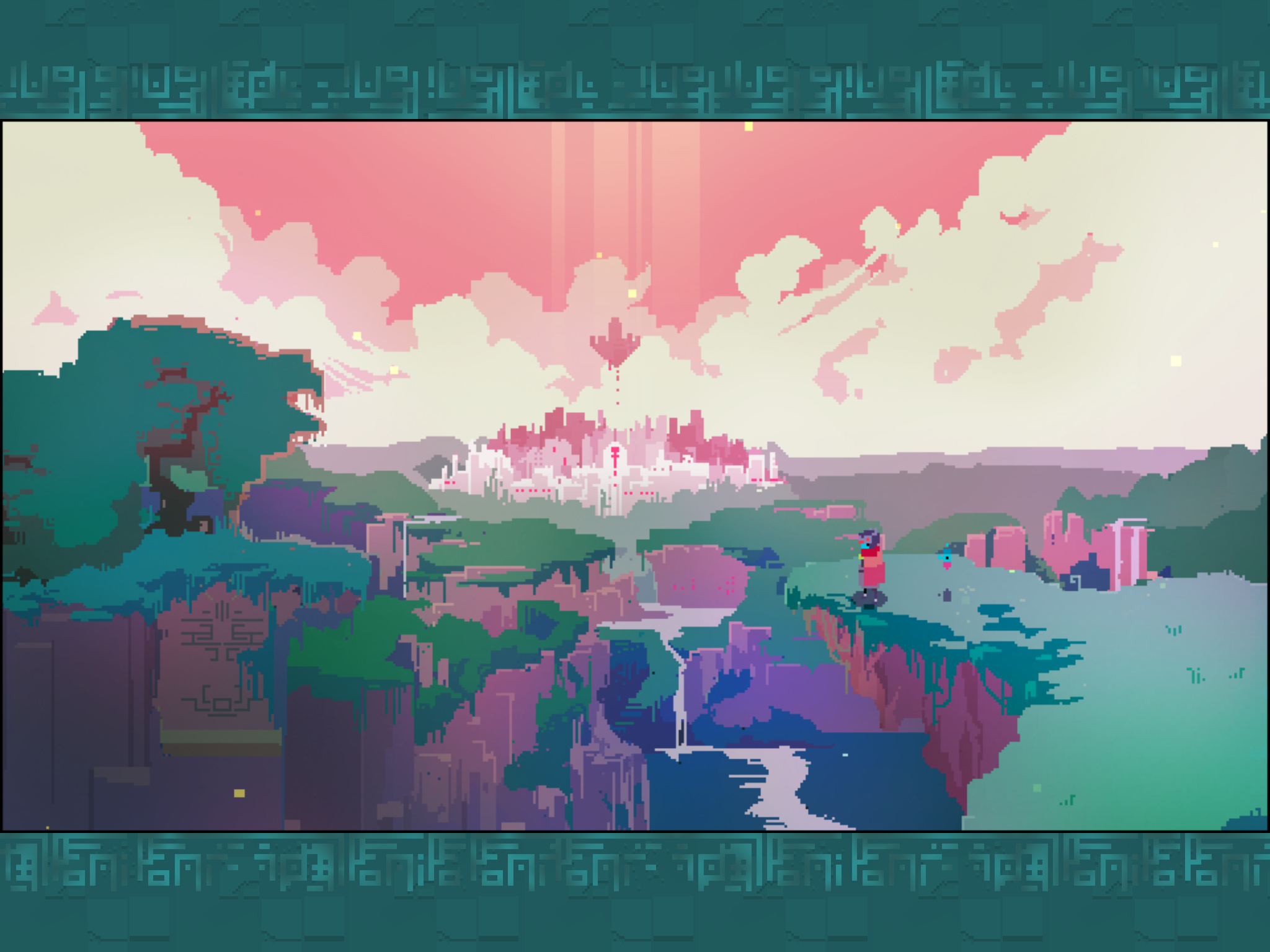

Hyper Light Drifter is something I feel people should experience. Definitely one of the best parts of the game and something I have no problems with. It heightens the tension when a boss fight flies in, but it also goes into somber sounds when the player is exploring. The music may not be hard hitting or catchy on the same vein as other retro inspired games like Shovel Knight, but it’s engrossing in its own way. Enemies could fill a screen, making victory frustrating and it’s more so when there’s mainly enemies that could kill the player in two to three hits. One of a kind From its exasperating and edge-of-your-seat difficulty to the breathtaking environmental visuals, and the challenging navigation of the map. There are times, however, that it turns into Dark Souls 2. Hyper Light Drifter presents a new and distinctive aura and quality that separates it from the rest of RPG games known to date. With these options, it turns into a symphony of dashes and slashes, ultimately victory and death relying solely on your skills as a player. It plays in a top down perspective, but the player is given an upgradable sword, a dash, and a gun that can only be fired by using said sword. The gameplay takes notes from both Dark Souls and A Link to the Past. It gives the world a hint of mystery and while it can be frustrating at times to decipher, it’s mostly engaging. It stays cloaked in shadows, only giving the player ideas of what it could be about with non-dialogued cutscenes and conversations with the denizens only using pictures. The Magician is the protagonist who is looking for a cure of his disease that causes him to cough up blood and hallucinate shadowy creatures. But like a rough diamond, it’s positives outweigh the negatives severely.ĭescribing the plot is tough, the biggest reason being is that it’s never outright said. It looks great, but upon closer inspection, you begin to notice the scratches, scuffs, and cracks. Hyper Light Drifter is like a rough diamond. Let me start this by quoting Dunkey: "The best reviews are entirely subjective, but that doesn't mean objectivity gets thrown out the window completely.With an atmospheric score, engaging but sometimes unfair gameplay, and a mysterious story Hyper Light Drifter gets a 4.5/5 and is highly recommended for anyone with a decent computer and $20 to spare. You must acknowledge your own shortcomings." My big one is that I am super nit picky about combat in games, so if you throw a game at me that's nothing but combat like pretty much any hack and slash game I'm going to go "nah that's boring".

What I truly despise is open world games.īut I can at least acknowledge that some hack and slash games are good, even if they aren't my taste.
#HYPER LIGHT DRIFTER REVIEW FULL#
With very few exceptions, those games are giant worlds of cardboard full of redundant tasks and constant downtime. #HYPER LIGHT DRIFTER REVIEW TOTALBISCUIT FULL# They are massive wastes of time, money, and ideas on everybody's part. So when I say that NieR: Automata, and open world hack and slash, has my vote for game of the year it should tell you they did something right. If you liked Witcher III or any of the Metal Gear Solid games, you'll probably be able to appreciate NieR Automata especially how it uses mechanics as metaphor.

Now, this game's story is a really somber one at its core. However, the game isn't just some angsty character stuck in one monotonous tone of constant despair and misery. The main characters in NieR Automata seem like typical JRPG tropes at first but the more you progress throughout the game the more complicated and nuanced you'll find they actually are. Similarly , the more you explore and go against the grain, the more the game will reveal itself. Like eating a fish from a character literally named Jackass (yes that's a real side mission but save before you do it).Īnother reason why I'm not the biggest fan of hack and slash is that many hack and slash games there is a certain right way and everything else is wrong. You don't get rewarded unless you kill the enemies a certain way, which usually just winds up being a letter grade at the end. Near A Tomato doesn't have this, you can go about it any way you want. Similarly, there are also JRPG elements but the game doesn't fall into (many) JRPG traps.

The strongest JRPG element of the game is that it doesn't have a lot direction and there are a bunch of side quests that will expand on the story. While the lack of direction creates some great moments, there are a few problems it creates as well. The biggest one probably is the fact that it can be difficult to distinguish the profound side missions from the more grindy ones.


 0 kommentar(er)
0 kommentar(er)
